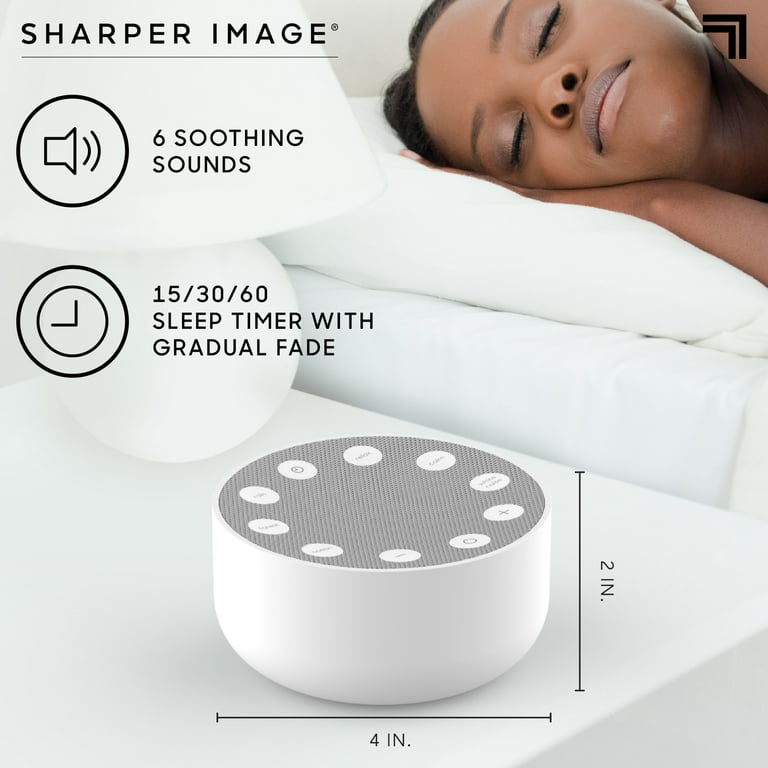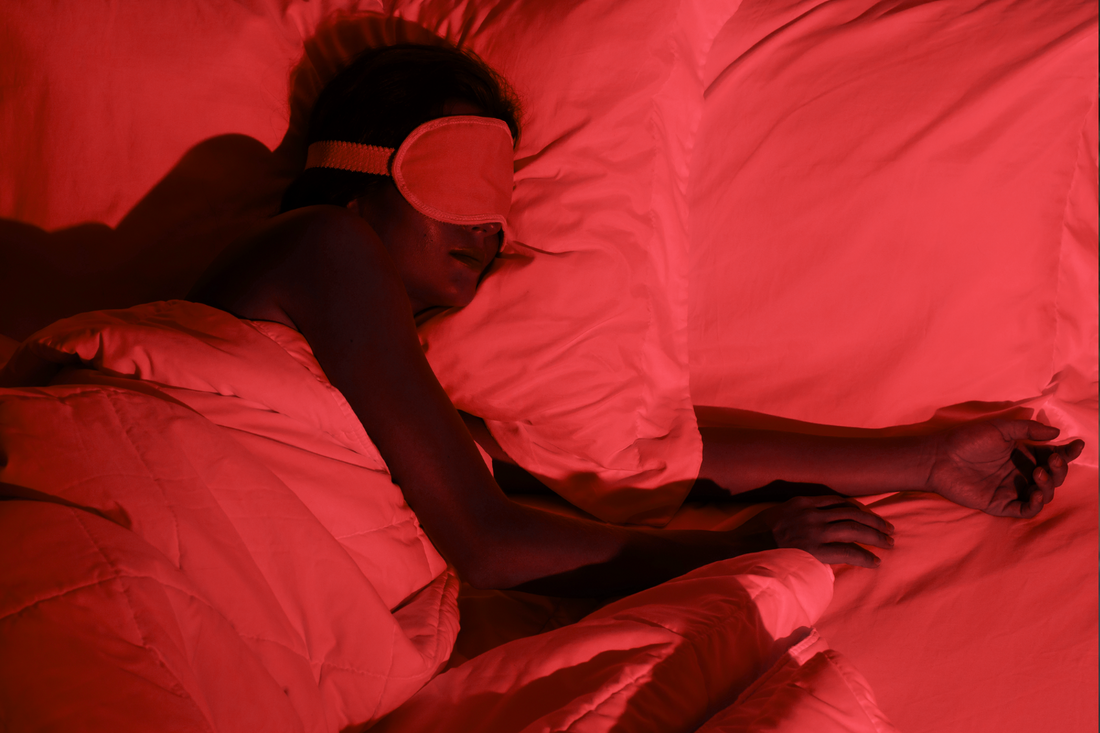Experienced Insomnia Specialist - Personalized Care for Better Sleep
Experienced Insomnia Specialist - Personalized Care for Better Sleep
Blog Article
Efficient Therapy Solutions for Handling Rest Disorders and Enhancing Relaxing Sleep
In the realm of health care, the management of rest disorders and the pursuit for relaxed sleep are crucial elements of general health. Reliable therapy options use a diverse approach to take on these challenges, varying from cognitive behavior treatments to alternative practices that promote relaxation and mindfulness. The exploration of different techniques, including the integration of medicine and light therapy, opens up a realm of possibilities in the search of much better sleep high quality. As we navigate the detailed landscape of rest conditions and seek to enhance our rest experience, a deeper understanding of these therapy remedies might hold the secret to unlocking a much more relaxing and satisfying restorative journey.
Cognitive Behavior Modification for Sleep Problems (CBT-I)
Cognitive Behavioral Therapy for Sleeping Disorders (CBT-I) is an organized, evidence-based therapy approach that focuses on dealing with the underlying aspects adding to rest disturbances. This kind of treatment intends to change behaviors and ideas that exacerbate sleeping disorders, ultimately promoting healthy sleep patterns. CBT-I normally involves several key parts, consisting of cognitive treatment, rest constraint, stimulus control, and rest health education and learning.
Cognitive treatment helps individuals recognize and change unfavorable thought patterns and beliefs about sleep that may be hindering their capacity to fall or remain asleep. Rest limitation involves restricting the amount of time invested in bed to match the individual's real sleep duration, thus enhancing sleep effectiveness (insomnia solutions). Stimulation control techniques help establish a strong organization between the bed and rest by urging individuals to visit bed only when drowsy and to stay clear of taking part in promoting activities in bed
In addition, rest hygiene education concentrates on developing healthy and balanced sleep behaviors, such as keeping a consistent rest routine, creating a relaxing going to bed routine, and maximizing the rest environment. By attending to these factors thoroughly, CBT-I supplies an effective non-pharmacological treatment for managing insomnia and boosting total rest top quality.
Rest Hygiene Practices
Having actually established the structure of cognitive restructuring and behavior adjustments in attending to sleep problems through Cognitive Behavioral Treatment for Sleep Problems (CBT-I), the emphasis now moves in the direction of exploring necessary Sleep Hygiene Practices for preserving ideal rest high quality and general wellness.
Rest health practices encompass a variety of routines and environmental aspects that can considerably affect one's ability to go to sleep and remain asleep throughout the evening. Regular rest and wake times, developing a relaxing going to bed regimen, and optimizing the sleep atmosphere by keeping it dark, quiet, and cool are critical components of great rest hygiene. Restricting exposure to displays prior to bedtime, staying clear of stimulants like caffeine close to bedtime, and taking part in regular exercise throughout the day can also advertise far better rest high quality.
Additionally, exercising relaxation strategies such as deep breathing exercises or meditation before bed can aid calm the mind and prepare the body for sleep. By incorporating these sleep hygiene practices right into one's day-to-day routine, individuals can establish a healthy rest pattern that sustains relaxing rest and general well-being.
Leisure Methods and Mindfulness
Carrying out relaxation techniques and mindfulness methods can play a crucial duty in fostering a feeling of tranquility and advertising top quality rest. Additionally, assisted images can aid transfer individuals to a peaceful location in their minds, helping in anxiety decrease and enhancing sleep quality.
Mindfulness methods, such as meditation and yoga, are also efficient in promoting leisure and boosting rest. Mindfulness urges individuals to remain present in the minute, releasing bother with the past or future. By incorporating these techniques into a bedtime regimen, people can signal to their bodies that it is time to prepare and loosen up for rest. Generally, integrating leisure methods and mindfulness techniques can dramatically add to handling rest disorders and visit boosting overall sleep high quality.

Medication Options for Sleep Disorders
After discovering leisure techniques and mindfulness techniques as non-pharmacological treatments for enhancing sleep quality, it is important to take into consideration medicine alternatives for people with sleep conditions. In cases where lifestyle modifications and treatment do not offer adequate alleviation, medication can be a valuable tool in handling rest disturbances.
Frequently prescribed medications for rest disorders include benzodiazepines, non-benzodiazepine hypnotics, antidepressants, and melatonin receptor agonists. Antidepressants, such as trazodone, can be helpful for people with co-occurring clinical depression and rest disturbances - insomnia therapy.
It is important for individuals to seek advice from a healthcare service provider to establish one of the most proper medication click this link option based on their particular rest disorder and case history.
Light Treatment for Circadian Rhythm Guideline
Light therapy, likewise known as photo-therapy, is a non-invasive treatment technique used to manage circadian rhythms and enhance sleep-wake cycles. This treatment includes exposure to intense light that resembles natural sunlight, which assists to reset the body's body clock. By subjecting people to certain wavelengths of light, normally in the morning or evening relying on the desired result, light treatment can efficiently change the body clock to promote wakefulness during the day and improve relaxed rest in the evening.
Research has shown that light therapy can be particularly advantageous for people with body clock disorders, such as delayed rest stage syndrome or jet lag. It can likewise be helpful for those experiencing seasonal affective condition (SAD), a kind of clinical depression that usually takes place during the cold weather when all-natural light exposure is minimized. Light treatment is usually well-tolerated and can be used together with various other therapy techniques for sleep conditions to enhance results and enhance total sleep high quality.
Verdict
Finally, effective therapy remedies for taking care of sleep disorders and boosting relaxed rest consist of Cognitive Behavioral Therapy for Sleeping Disorders (CBT-I), rest health methods, relaxation strategies and mindfulness, medication alternatives, and light treatment for circadian rhythm regulation. These techniques can help people boost their rest high quality and general well-being. It is necessary to speak with a doctor to figure out the most ideal approach for resolving sleep issues.
As we navigate the complex landscape of sleep problems and seek sleep related breathing disorders to boost our rest experience, a much deeper understanding of these treatment services might hold the secret to unlocking a more refreshing and meeting corrective journey.
Rest restriction involves restricting the amount of time spent in bed to match the person's real sleep period, thus increasing rest effectiveness. Consistent rest and wake times, creating a relaxing going to bed routine, and maximizing the sleep setting by keeping it dark, silent, and cool are vital components of great sleep health. Light treatment is typically well-tolerated and can be made use of in conjunction with other therapy methods for sleep disorders to maximize outcomes and improve general rest quality.

Report this page